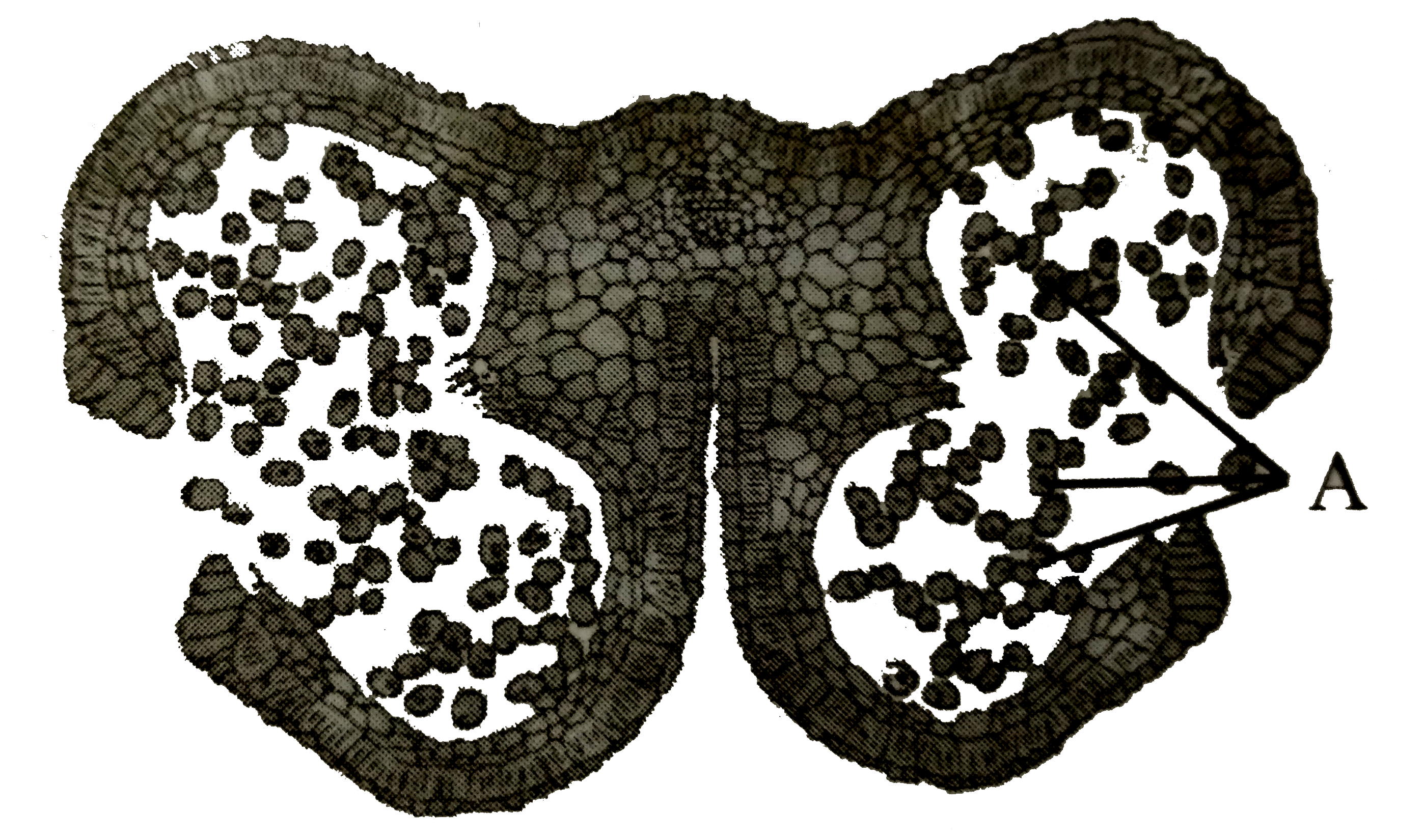Write down the role of skin and liver in excretion.
Step-by-Step Text Solution
Step 1: Role of Skin in Excretion
- The skin plays a significant role in excretion primarily through the process of sweating.
- Sweat is a watery fluid produced by sweat glands located in various parts of the body, including the armpits and genital areas.
- The sweat contains waste materials such as excess water, salts, and urea, which are eliminated from the body through the skin.
Step 2: Role of Liver in Excretion
- The liver is often referred to as an accessory excretory gland due to its crucial role in detoxifying the blood.
- It breaks down various substances and purifies the blood by removing toxic substances.
- One of the key waste products processed by the liver is bilirubin, which is formed from the breakdown of hemoglobin.
- The liver also plays a vital role in the ornithine cycle, where ammonia, a toxic byproduct of protein metabolism, is converted into urea, which is less toxic and can be safely excreted by the kidneys.
Step 3: Summary of Functions
- Both the skin and liver contribute to the excretion of waste products from the body.
- The skin excretes waste through sweat, while the liver detoxifies blood and converts harmful substances into excretable forms.
- The skin plays a significant role in excretion primarily through the process of sweating.
- Sweat is a watery fluid produced by sweat glands located in various parts of the body, including the armpits and genital areas.
- The sweat contains waste materials such as excess water, salts, and urea, which are eliminated from the body through the skin.
- The liver is often referred to as an accessory excretory gland due to its crucial role in detoxifying the blood.
- It breaks down various substances and purifies the blood by removing toxic substances.
- One of the key waste products processed by the liver is bilirubin, which is formed from the breakdown of hemoglobin.
- The liver also plays a vital role in the ornithine cycle, where ammonia, a toxic byproduct of protein metabolism, is converted into urea, which is less toxic and can be safely excreted by the kidneys.
- Both the skin and liver contribute to the excretion of waste products from the body.
- The skin excretes waste through sweat, while the liver detoxifies blood and converts harmful substances into excretable forms.
Topper's Solved these Questions
- EXCRETORY PRODUCTS AND THEIR ELIMINATIONBOOK - MODERN PUBLICATIONCHAPTER - EXCRETORY PRODUCTS AND THEIR ELIMINATIONEXERCISE - REVISION EXERCISES (Long Answer Questions)
7 Videos
- EXCRETORY PRODUCTS AND THEIR ELIMINATIONBOOK - MODERN PUBLICATIONCHAPTER - EXCRETORY PRODUCTS AND THEIR ELIMINATIONEXERCISE - COMPETITION FILE (OBJECTIVE TYPE QUESTIONS)(A. MULTIPLE CHOICE QUESTIONS)
114 Videos
- EXCRETORY PRODUCTS AND THEIR ELIMINATIONBOOK - MODERN PUBLICATIONCHAPTER - EXCRETORY PRODUCTS AND THEIR ELIMINATIONEXERCISE - REVISION EXERCISES (Very Short Answer Questions)
30 Videos
- DIGESTION AND ABSORPTIONBOOK - MODERN PUBLICATIONCHAPTER - DIGESTION AND ABSORPTIONEXERCISE - Chapter Practice Test
12 Videos
- LOCOMOTION AND MOVEMENTBOOK - MODERN PUBLICATIONCHAPTER - LOCOMOTION AND MOVEMENTEXERCISE - OBJECTIVE TYPE QUESTIONS
2 Videos
Similar Questions
State the roles of skin and lungs in excretion.
View SolutionDescribe the role of ADH and liver in excretion.
View SolutionWrite the role of FSH.
View Solution
Write down the name of point A
View SolutionWrite the role of streptokinase
View SolutionDescribe the role of liver, lungs and skin in excretion.
View SolutionDescribe the role of liver, lungs and skin in excretion.
View SolutionWrite one role of albumin
View SolutionWrite one role of iron in plants
View SolutionWrite one role of zinc in plants
View Solution
